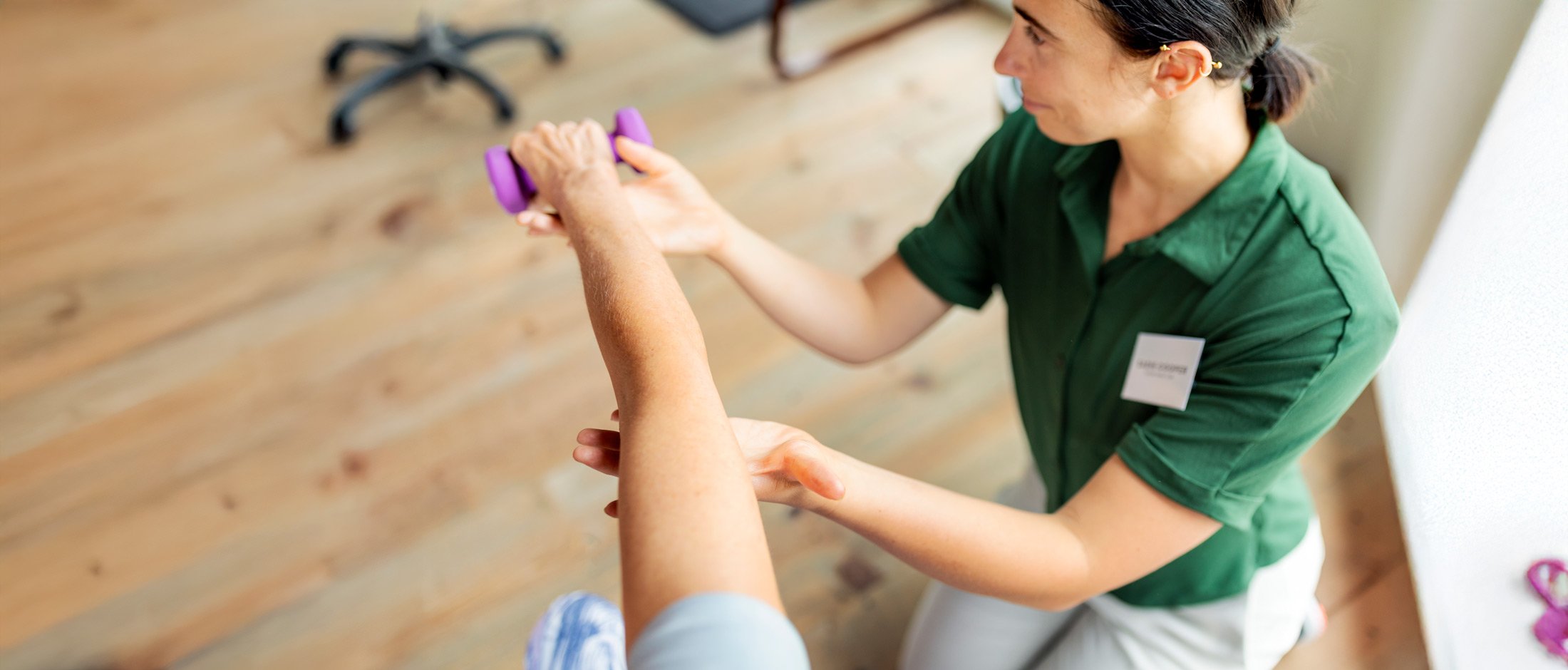
Expert care for complex needs.
Functional, person-centred support that builds independence, participation, and wellbeing.
What do our Occupational Therapy Services offer?
SAL Consulting’s Occupational Therapy team delivers comprehensive, person-centred assessment and intervention for children, young people, and adults with complex support needs. We focus on building functional capacity in a way that’s trauma-informed, strengths-based, and grounded in real-world participation.
Our Occupational Therapists are AHPRA-registered professionals who engage in ongoing professional development and are committed to evidence-based practice that meets people where they are—emotionally, physically, and developmentally.
How does it work?
An Occupational Therapy assessment includes both direct observation and interviews with the individual and key support people to form a holistic picture of strengths, challenges, and priorities. We work closely with family, carers, and other professionals—including the broader SAL Consulting team—to ensure that support strategies are consistent, practical, and embedded into everyday life.
We provide assessment and intervention in areas such as:
Sensory processing and modulation
Self-care skills (e.g. toileting, showering, meal prep)
Safety awareness and environmental access
Engagement in learning, day programs, and routines
Motor skill development
Social and relationship skills
Community access and participation
Behaviours of concern related to sensory or motor issues
Daily living routines, including sleep and mealtimes
Who We Work With.
Our team has extensive experience supporting individuals with:
Developmental and intellectual disability
Autism Spectrum Disorder (ASD)
Profound and multiple disabilities
Mental health and dual diagnosis
Social-emotional and trauma-related challenges
Contact with justice and forensic systems
Ageing-related needs in people with lifelong disability
We aim to build capacity, confidence, and engagement by working with the person and their environment—not just around them.
Contact us to get started:
Holistic Needs Assessment
A comprehensive look at daily living to guide meaningful, person-centred support.
What is a Holistic Needs Assessment?
A Holistic Needs Assessment provides a broad, functional overview of an individual’s daily living skills and support needs. It’s a valuable tool for gaining insight into how a person navigates their environment and routines—and identifying where additional support or more targeted assessment may be required.
At SAL Consulting, we take a person-centred, strengths-based approach—gathering information through direct observation and interviews with the individual and key members of their support network.
How does it work?
Our Occupational Therapists assess a range of domains related to independent living and community participation, including:
Mobility and transfers
Community access (e.g. transport, shopping, managing money)
Domestic tasks (meal prep, laundry, cleaning)
Personal care (dressing, bathing, toileting, eating)
Emergency and safety awareness
Health management skills
Employment or vocational activities
How does it work?
This assessment provides a broad picture of the individual’s current capabilities, highlighting both areas of independence and potential risks or support needs. It is often used to inform planning for services, support coordination, NDIS goals, or broader clinical care.
Where required, we may recommend more in-depth assessments in specific areas such as sensory needs, cognition, or mobility, to guide further intervention.
Specific Living Skills Assessment
Targeted assessment to support independence in everyday life.
What is a Specific Living Skills Assessment?
A Specific Living Skills Assessment is a detailed, functional assessment focused on one or more key areas of daily living. These assessments are typically completed in response to an identified need, or as a follow-up from a Holistic Needs Assessment.
The goal is to understand the individual’s current abilities, identify support needs, and provide practical, person-centred recommendations to maximise independence, safety, and participation.
How does it work?
Depending on the referral reason, our Occupational Therapists may assess:
Meal preparation and kitchen safety
Self-care tasks (e.g. bathing, grooming, dressing, toileting)
Mobility and transfers (e.g. bed, toilet, shower, car access)
Safety and emergency response
Other activities of daily living tailored to the individual’s goals and context
What’s the goal?
These assessments include direct observation, interviews with the individual and key support people, and collaboration with relevant professionals where needed.
The outcome is a comprehensive, goal-focused report with clear recommendations for support strategies, environmental modifications, assistive equipment, or further therapy where appropriate.
Sensory Assessment
Understanding sensory preferences to support regulation, engagement, and wellbeing.
What is a Sensory Assessment?
A Sensory Assessment explores how an individual processes and responds to sensory input in everyday environments. For children, young people, and adults with complex needs, understanding sensory preferences is critical to supporting emotional regulation, participation, and learning.
SAL Consulting’s Occupational Therapists use standardised tools and clinical observation to assess how sensory input—such as sound, touch, movement, and visual stimuli—impacts a person’s ability to function and feel safe.
How does it work?
Using tools such as the Sensory Profile or Sensory Processing Measure, we build a detailed picture of the individual’s sensory system and how it affects behaviour, engagement, and learning.
Our assessment process includes:
Interview and collaboration with the person and their support network
Use of formal assessment tools appropriate to age and developmental stage
Observation of sensory responses in natural environments (where possible)
A comprehensive written report outlining key findings and practical recommendations
What’s next?
Sensory Assessments can support:
Planning and implementation of sensory-based strategies
Adjustments to learning or daily environments
Design of sensory diets and regulation plans
In some cases, assist in the diagnostic process for Sensory Processing Disorder
Our goal is to provide insight that helps the person and their support network create environments and routines that feel safe, calming, and engaging.
